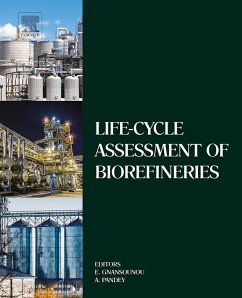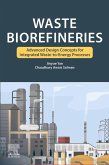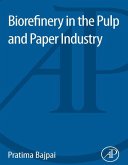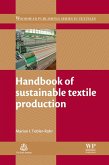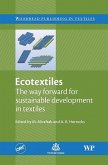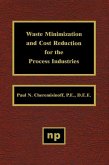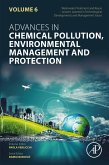It is envisaged that by 2020 a majority of chemicals currently being produced through a chemical route will be produced via a bio-based route. Agro-industrial residues, municipal solid wastes, and forestry wastes have been considered as the most significant feedstocks for such bio-refineries. However, for the techno-economic success of such biorefineries, it is of prime and utmost importance to understand their lifecycle assessment for various aspects.
- Provides state-of-art information on the basics and fundamental principles of LCA for biorefineries
- Contains key features for the education and understanding of integrated biorefineries
- Presents models that are used to cope with land-use changes and their effects on biorefineries
- Includes relevant case studies that illustrate main points
Dieser Download kann aus rechtlichen Gründen nur mit Rechnungsadresse in A, B, BG, CY, CZ, D, DK, EW, E, FIN, F, GR, HR, H, IRL, I, LT, L, LR, M, NL, PL, P, R, S, SLO, SK ausgeliefert werden.

